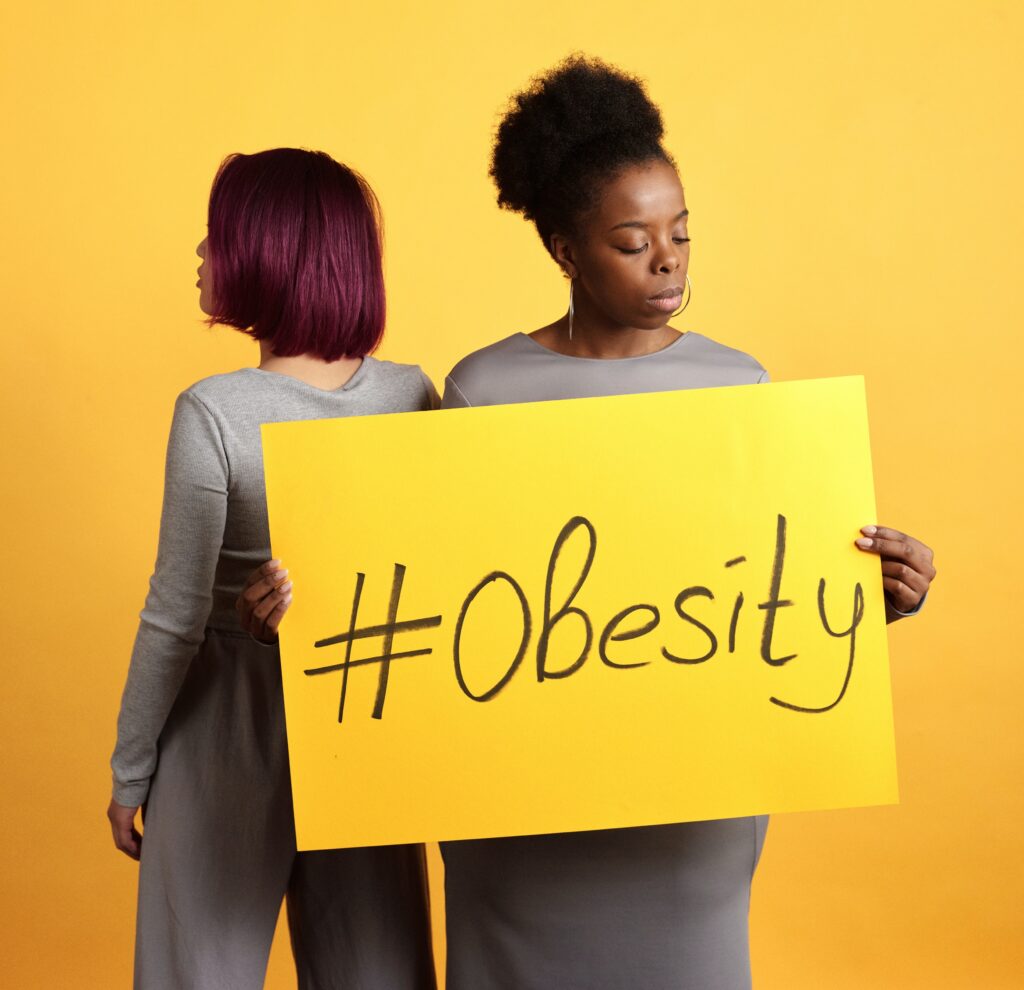
Teenagers are an unutilised resource in the fight against obesity
New research just published in Obesity Reviews reveals that young people in Europe are increasingly tackling obesity. The European Union supported this research project. Its goal was to understand the perspectives of young adults and adolescents in the country. These individuals will be the future decision-makers and parents. The study aimed to gain insights into their experiences and potential solutions to this health crisis.
Researchers came to the conclusion that the conventional method of putting all of the emphasis on one’s diet and level of physical activity was insufficient. The problem of obesity in young people is not standalone. Their peer groups, body image, self-confidence, and self-determination significantly influence it. These factors are part of a broader context of their healthcare in general.
The CO-CREATE Project: A New Approach
Professor Knut-Inge Klepp directed the CO-CREATE project. The project aimed to reduce the prevalence of childhood obesity. It highlighted the importance of understanding the social and psychological experiences of young people. In addition to focusing on the participants’ physical well-being, this initiative places an emphasis on the importance of bolstering the participants’ psychological fortitude and lobbying for improvements in their surrounding environment.
The project led to a Youth Declaration. This declaration demands major changes in the food environment of young adults and children. Advertisements for unhealthy meals to children under 18 should not be allowed on mass and social media. There should be a tax on sugar-sweetened beverages. The dining environment in schools needs improvement. There should also be more opportunities for various physical activities.
Having said that, the project also draws attention to the fact that decision-makers should listen to the perspectives of young people. “Excluding young people from democratic participation means their experiences and proposals are ignored,” according to Professor Klepp.
